Hungary will not be in a position to support Ukraine's European integration if Kyiv does not guarantee the rights of minorities living there, Judit Varga said on Monday at the Conference of Parliamentary Committees for Union Affairs (COSAC) held in Madrid under Spain's EU presidency. As the chairperson of the Hungarian parliament's European affairs committee, Judit Varga attended and addressed the meeting that brings together EU affairs committee chairs from the national parliaments of the EU member states.
We clearly support Ukraine's integration process, but Kyiv was given a very strict set of conditions when it was granted candidate status. In my speech in Madrid I underlined that the rights of the Hungarian minority in Ukraine must be restored to at least the level they were in 2015, but recent developments show that Hungarians living in Transcarpathia are being completely stripped of their rights,
Judit Varga told Hungarian state news agency MTI by phone from Madrid. She added that the European Commission will publish a report in October, serving as a basis for member states to decide on further steps. She noted that according to a recent opinion published by the Venice Commission, the status of the Hungarian community in Ukraine could be resolved by a simple legislative amendment.
I put an emphasis on the issue of EU enlargement, pointing out at the conference that Hungary has been a committed supporter of the EU integration of the Western Balkans. I stressed that it is important to offer a real perspective and that we can only accept an enlargement procedure based on merit. Serbia in particular and other countries in the region have been engaged in accession talks with the EU for nearly ten years. We need to cooperate at a level of integration that respects national sovereignty and the principle of subsidiarity, and integration should be deeper where it has real added value,
Judit Varga explained, noting that the main focus in the east was on Ukraine and Moldova, yet Georgia should also be offered a perspective on accessions.
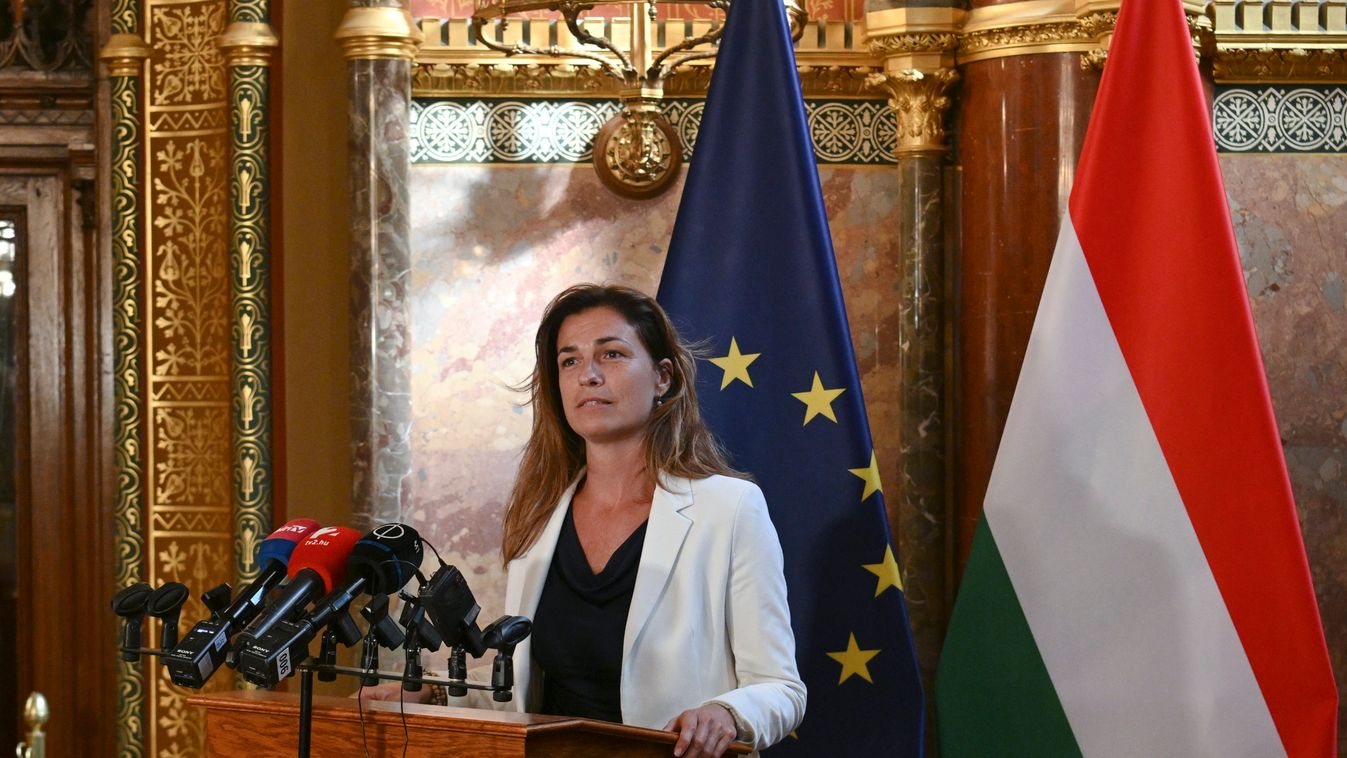
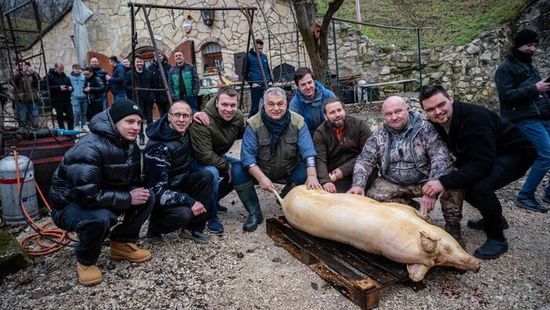
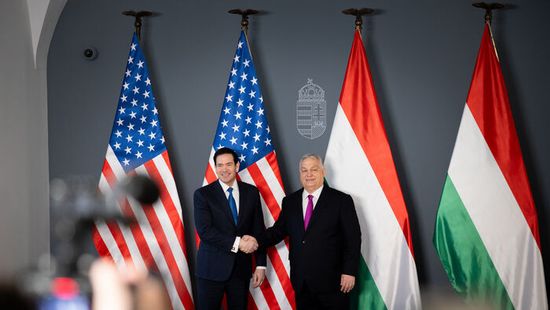
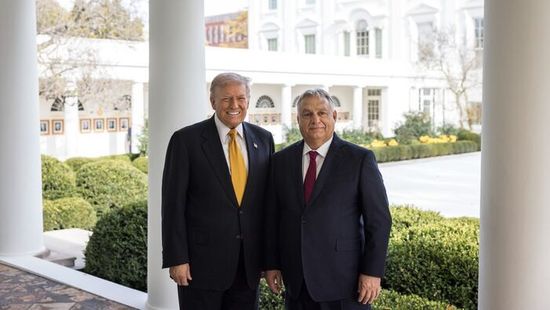
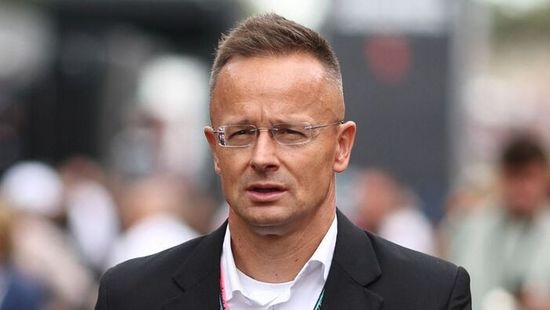

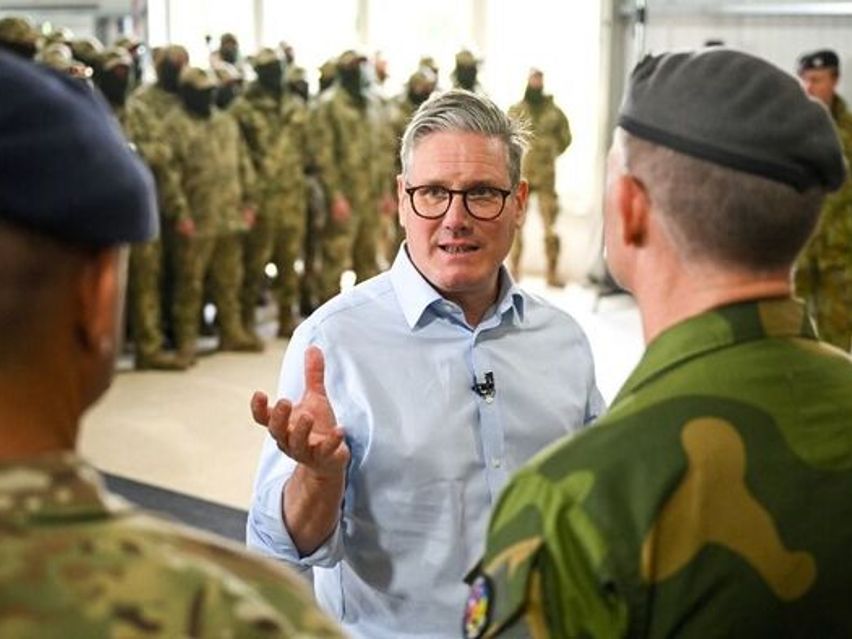
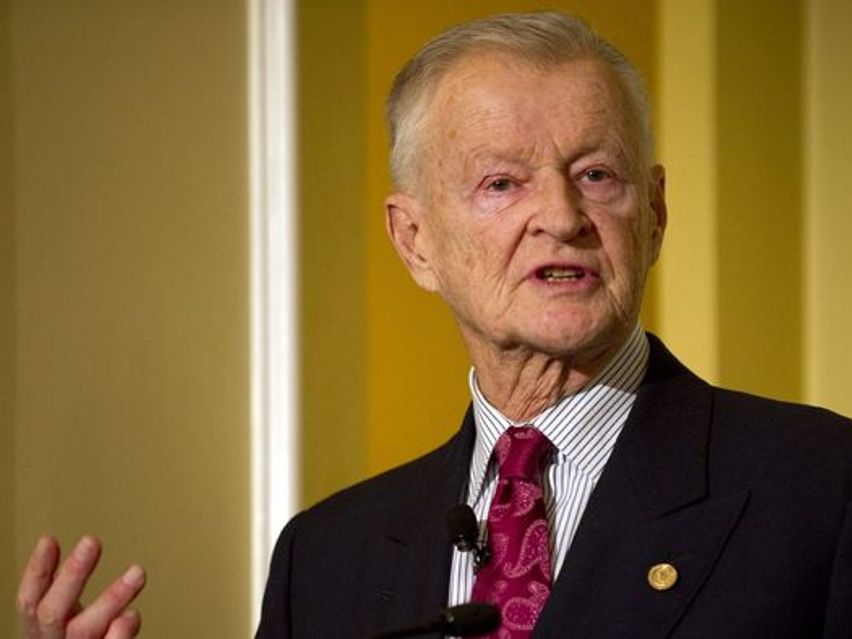
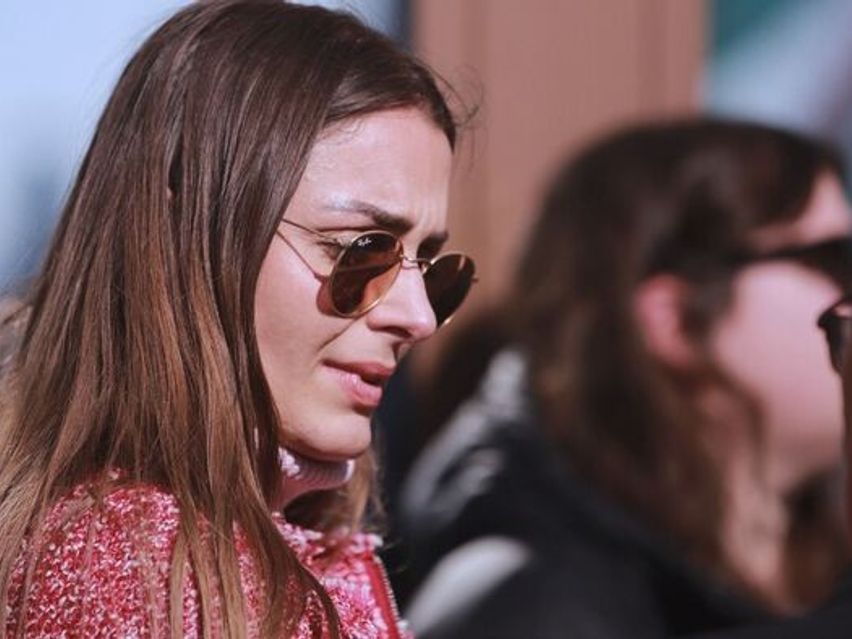


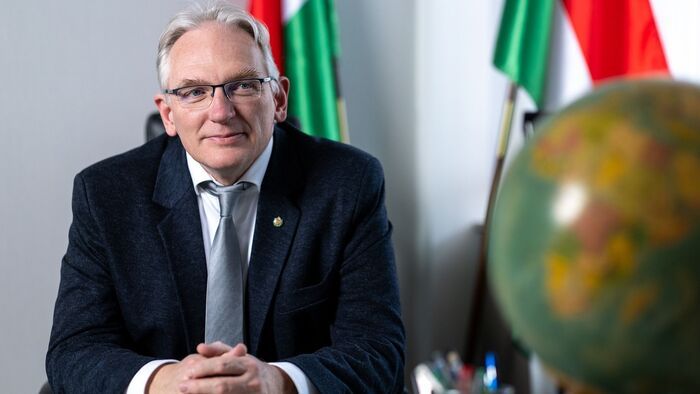
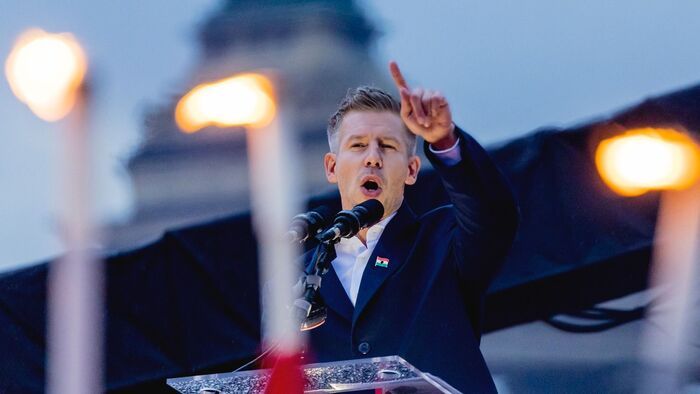
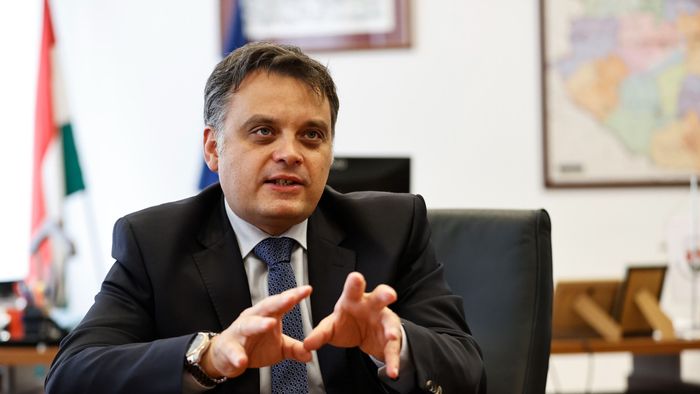
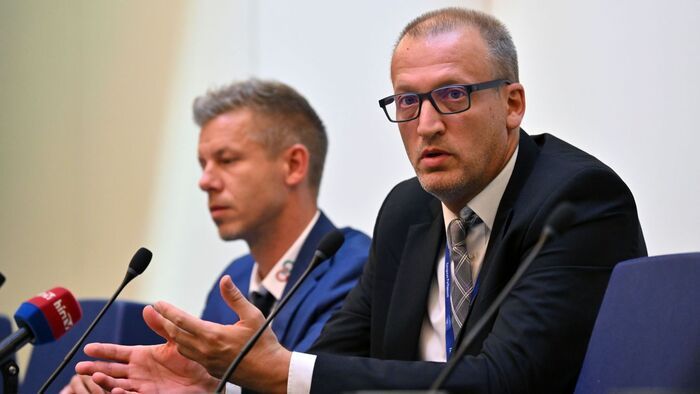
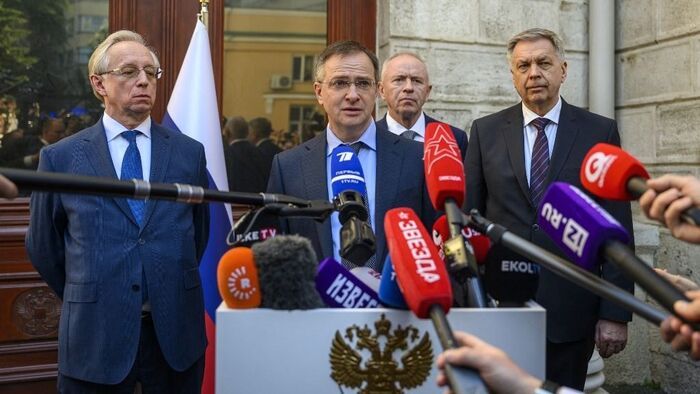
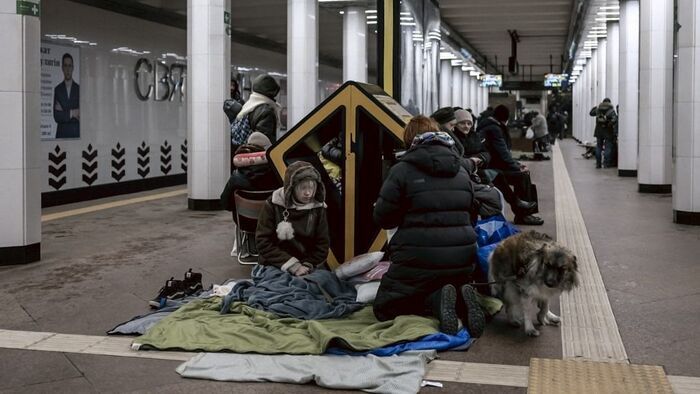
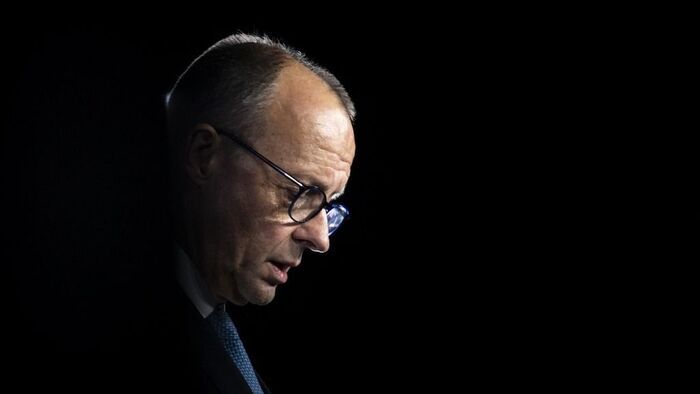


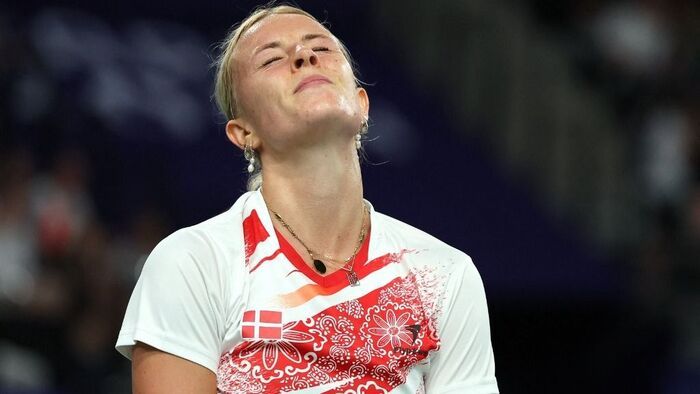


Szóljon hozzá!
Jelenleg csak a hozzászólások egy kis részét látja. Hozzászóláshoz és a további kommentek megtekintéséhez lépjen be, vagy regisztráljon!